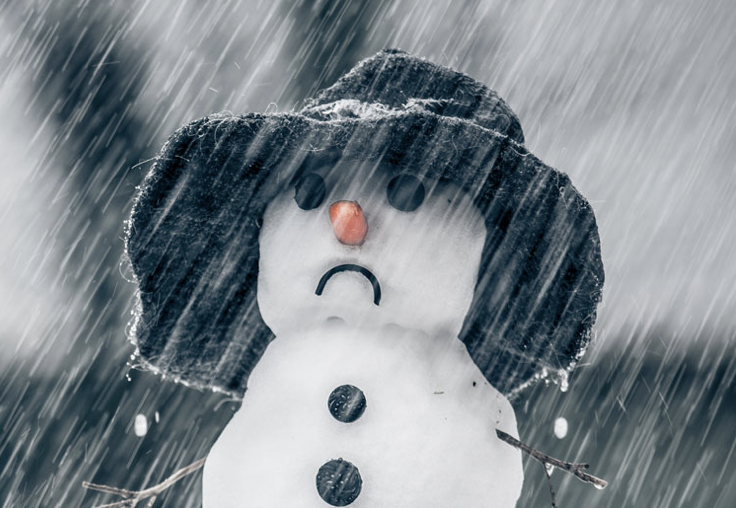The fundamental reason to love yourself is because it is your right and role, your dharma, your vocation as a living organism on this planet. But if that currently feels too foreign and far-off, be motivated by altruism. How would you feel and act if the person you love was being treated the way you treat yourself? You would intervene protectively; you would make emotional contact, to make sure the person was ok; and you would help your beloved to defend against attacks. Do that for yourself, as a matter of ordinary responsibility, like washing your hands after you use the bathroom, or like offering a glass of water to somebody who obviously needs it. Decency. If you can’t be kind to yourself, start with being polite to yourself, and work your way up to lovingkindness.
Read MoreNot all childhood neglect or abuse happens in poorer cities and towns that are in obvious trouble. Much of American literature is about the family traumas of the middle class, and even the wealthy are often very desperate people—in part because they already have the money that everyone else assumes is the solution to every problem, yet their pain continues. “Spoiled,” remember, does not just mean “pampered.” It means a kid has been given everything except what’s most important: wholesome loving care. It is, after all, a metaphor about rancid milk—because material abundance paired with emotional scarcity can spoil a person’s capacity to believe that real love (which psychoanalytic language symbolizes as the breast milk of a loving Mother) exists anywhere.
Read MoreIf I am stuck in the bitterness of feeling screwed-over, I may be living inside the misconception that any progress I dare to make would be a betrayal of the wounded child inside me. Adults boycott their own lives, they flounder and self-sabotage and procrastinate, because of a beautiful, bittersweet, tragic loyalty to their own grievances from long, long ago. The unwritten law of such a life is: If I go ahead and start building my own life for myself, it will mean that I approve of all the wrongs that were done to me in the past.
Read MoreWhen you start to love yourself, it will soon become clear that the love that you have inside—which is yours to give, when and where you want to—is very high-quality, and it’s going to get even more valuable as you grow. It’s the good stuff. It is worth a lot. You can be a source of the good stuff, giving as well as receiving. When you’re accustomed to feeling like a vacant cave of darkness, a black hole from which not even light can escape, it’s strange to think you might turn into a star that radiates light instead. But it happens.
Read MoreWhatever your age, you are also all the ages you’ve been before. Part of your psyche is an infant, because past selves remain as parts of an increasingly complex self-system. Younger parts of self, with unhealed wounds and unmet needs, can interfere with adult life, until they get the necessary loving care from the most adult parts of self. Now, without an awareness that the self has parts, we are likely to feel crazy the moment our feelings do not agree with one another. I want to eat the cake, but I also want to be in a caloric deficit. I want to keep playing in the snow, but I also want to go inside and warm up. Knowing it's impossible to do both, I might well feel crazy whenever a pair of incompatible desires assails me.
Read More





